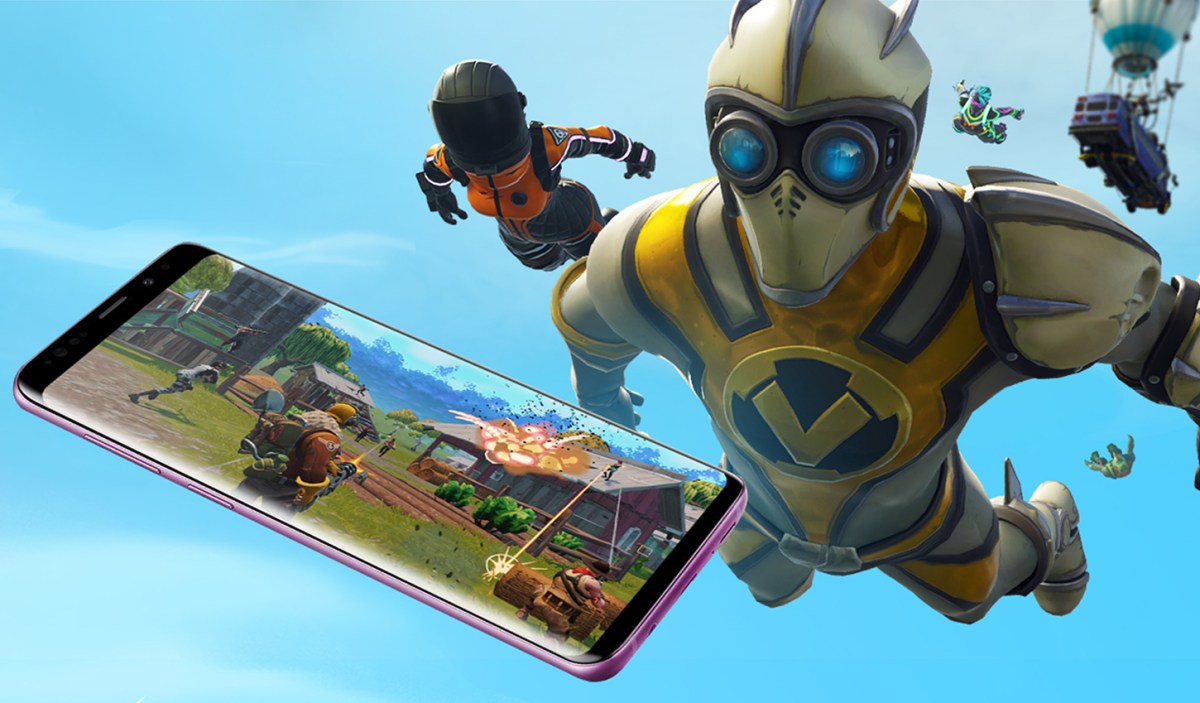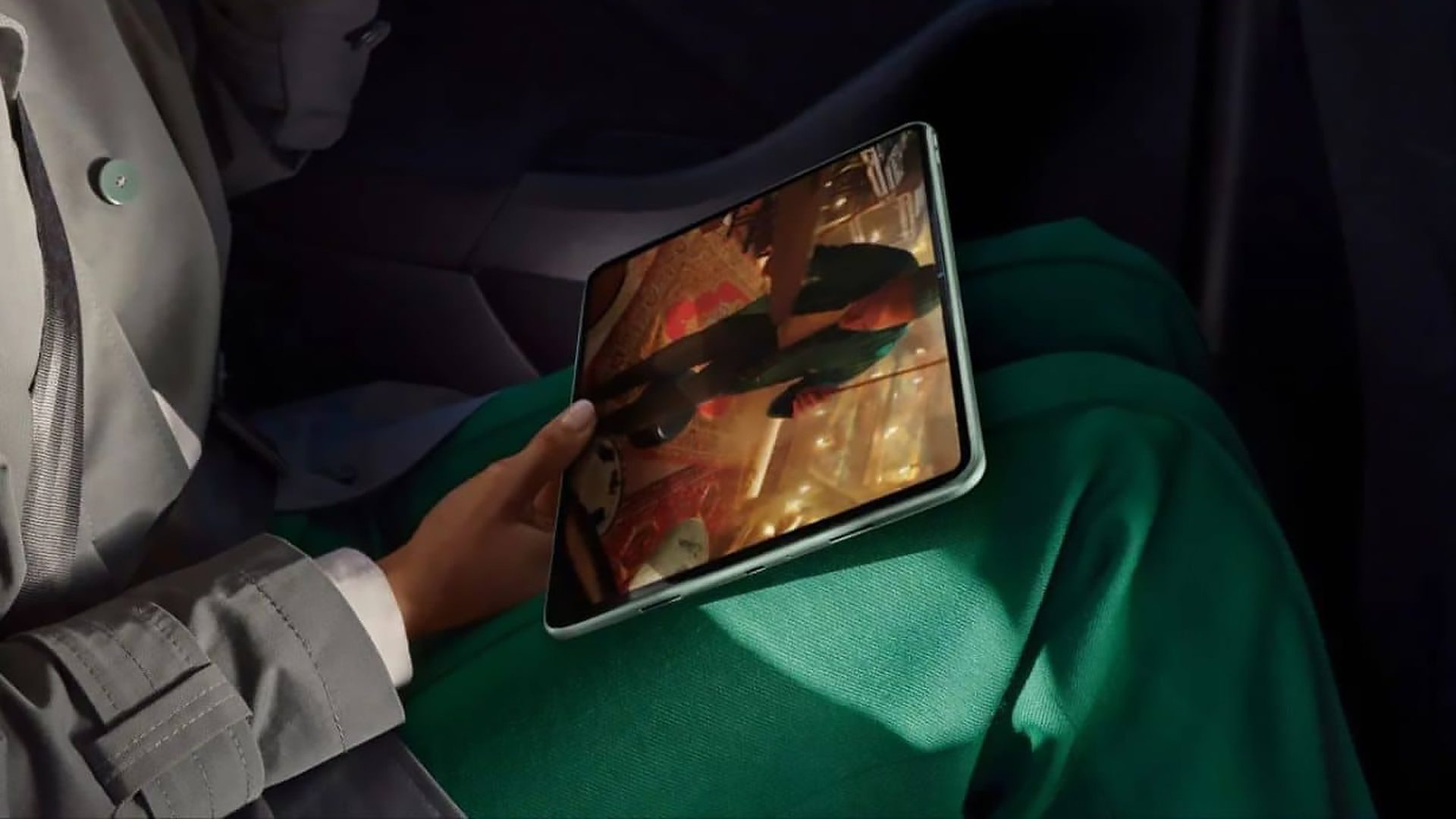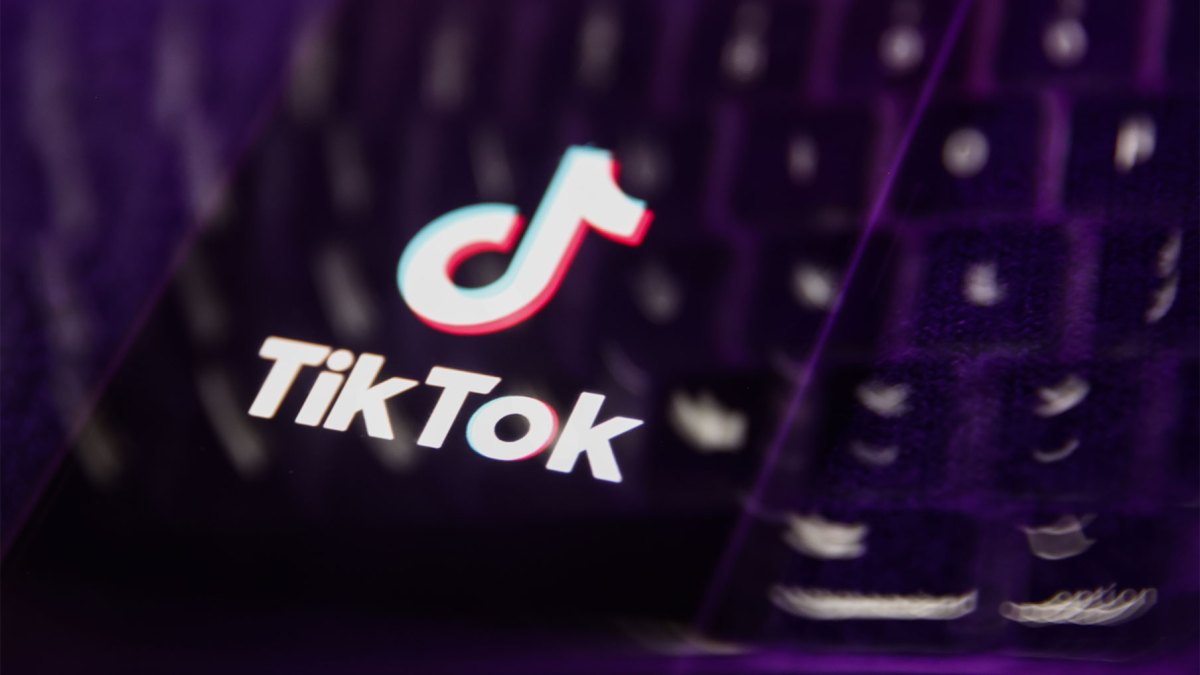
Google is hoping to speed along the resolution of its antitrust legal battle with Fortnite maker Epic Games, Match Group, and state Attorneys General. In a new filing, Google’s legal team is now asking the court to dismiss several of the plaintiffs’ arguments regarding the nature of its app store business, revenue-sharing agreements, and other app store-related projects in a partial motion for summary judgment.
According to Google, it believes the court should now have enough information on hand to make determinations on a handful of the plaintiffs’ claims before the case goes to trial, saying that these items are not in violation of antitrust law. If the court agrees with Google’s position, the trial would still move forward as other claims would still need to be argued in court.
Google specifically wants the court’s judgment on five key claims which would seemingly be pivotal to the plaintiffs’ ability to prove anticompetitive behavior.
It wants the court to dismiss the argument that Google’s Developer Distribution Agreement is illegal because it prohibits the distribution of other app stores. Google counters this by saying it doesn’t have a legal obligation to distribute to other app stores, and notes that most Android devices come preloaded with more than one app store. In addition, it points out that consumers can install additional app stores from the web browser.
“Android is the only major mobile platform that allows multiple app stores,” a Google spokesperson said in a statement. “In fact, most Android devices ship with two or more app stores preinstalled, and consumers can install others. Epic, Match Group and the state Attorneys General ignore the openness and choice Android and Google Play offer, and we look forward to making our case in court,” they added.
Another argument it wants dismissed is focused on “Project Hug,” a Google-run program that was designed to incentivize Android game developers to keep their games on the Google Play Store. The plaintiffs argued that Google quietly paid game developers millions of dollars in incentives as part of this initiative, which was later known as the “Apps and Games Velocity Program.” Epic Games alleged the program came about because Google was scared other developers would follow its lead after it exclusively released Fortnite for Android outside the Play Store through its own installer. Supposedly, Google was also worried Epic might strike up other exclusive pre-install deals with OEMs like Samsung to lower its revenue splits.
The program itself was fairly successful as Google was able to forge deals with a number of developers, including Activision Blizzard, to keep their games on the Play Store, earlier filings had stated.
Google, however, argues that Project Hug was not an anticompetitive move, but has been mischaracterized by the plaintiffs. It says the program offered developers benefits and early access to Google Play users when developers released new or updated content, but did not prevent developers from creating competing app stores.
The company is also pushing back against claims over revenue-sharing agreements with wireless carriers, saying they are outside the statute of limitations. The agreements have been expired for more than four years, Google says, so should be dismissed.
In addition, Google claims the AGs and consumer class were unable to show that Google harmed competition by selling app subscriptions and in-app purchases to consumers. For that reason, consumers should not be able to recover any of these alleged overcharges, Google says.
The final claim focuses on tying — or the allegation that in order to buy one product, the buyer also had to purchase a different (or tied) product. The plaintiffs argued that Google Play and Google Play’s billing services are illegally tied together, but Google says this isn’t true. Instead, it argues Play’s billing services are not a separate product. It also notes that over 90% of the apps on Google Play are free and developers pay nothing when they are downloaded.
The new push for a partial summary judgment follows shortly after last month’s ruling that Google’s failure to preserve some of its messages for discovery requires sanctions. The plaintiffs successfully demonstrated that Google employees tended to switch off chat history on internal discussions, in an effort to destroy sensitive communications related to the case. The DoJ recently cited the same issue in its own antitrust investigation. The judge gave the plaintiffs’ lawyers until April 21 to provide an amount in legal fees they are seeking as part of the sanctions, as a start.
Google earlier asked for the trial to be delayed and was denied.
Epic Games has been asked for comment and we’ll update if one is provided.








